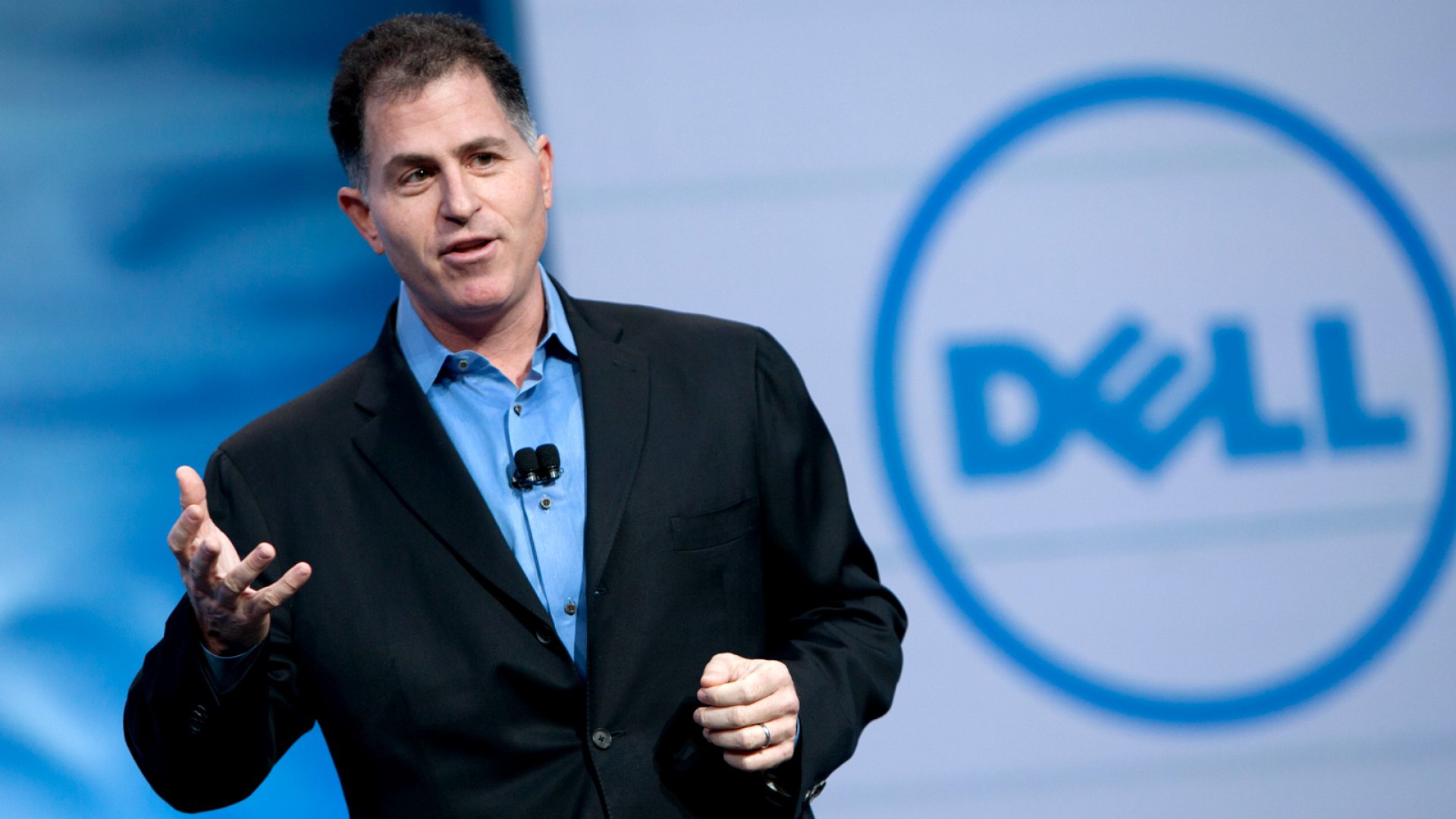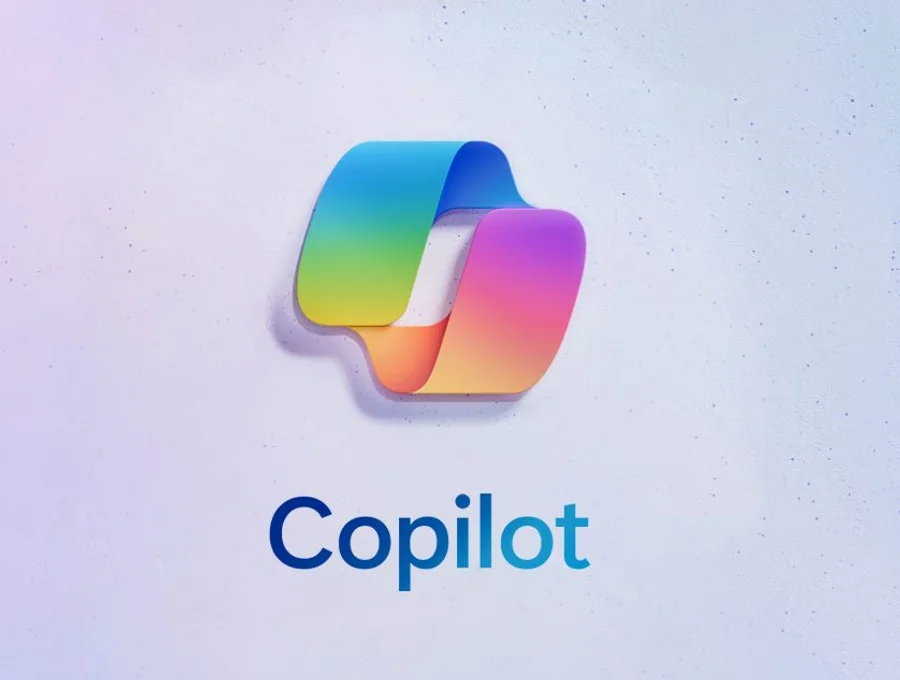Dell Technologies boss Michael Dell on what’s next for AI and the areas it will go on to transform
In the ever-evolving landscape of technology, one figures has managed to keep up with the times and be as influential now as he was 40 years ago.
Michael Dell, the founder and CEO of Dell Technologies, started his company from a university dormitory in 1984, has since amassed a staggering fortune of US$80bn, placing him 15th on the list of the world’s wealthiest individuals.
But it’s not past achievements Michael rests on, he has a bullish stance on AI and its potential to reshape the very fabric of how businesses operate.
Dell Technologies, once primarily known for its personal computers, has undergone a remarkable transformation. Today, it stands as a comprehensive provider of AI solutions for enterprises. With a striking 72% of businesses now embracing AI, up from 55% just a year ago, this surge in adoption underscores the rapid pace at which AI is becoming integral to business operations.
In a recent interview with McKinsey senior partner Tarek Elmasry, Michael shared his thoughts on the current state and future potential of AI. His perspective is both optimistic and transformative, suggesting that we are merely at the beginning of a technological revolution that will fundamentally alter the way organisations function.
Michael Dell and the future of AI
“We’re moving from computation to cognition,” Michael explains, drawing a distinction between the calculating computers of the past 60 years and the thinking machines of tomorrow.
This shift, he argues, is not just an incremental improvement but a paradigm shift that will “accelerate and advance scientific discovery” and “improve everything we humans try to accomplish.”
Michael’s enthusiasm for AI is palpable as he describes its potential to make humans “happier, healthier, and more successful.”
He sees AI as a tool that will augment human capabilities rather than replace them, empowering knowledge workers with unprecedented access to information and insights.
Areas AI will be a gamechanger
The applications of AI, according to Michael, are as varied as they are transformative. From autonomous vehicles to mRNA vaccine development, from financial innovation to pharmaceutical research, he sees AI as the common thread linking all of the world’s most pressing challenges and exciting opportunities.
“All of the unsolved problems of the world require more compute power and more data,”
Michael Dell, CEO at Dell
In a recent interview with McKinsey senior partner Tarek Elmasry, Michael shared his thoughts on the current state and future potential of AI. His perspective is both optimistic and transformative, suggesting that we are merely at the beginning of a technological revolution that will fundamentally alter the way organisations function.
Michael Dell and the future of AI
“We’re moving from computation to cognition,” Michael explains, drawing a distinction between the calculating computers of the past 60 years and the thinking machines of tomorrow.
This shift, he argues, is not just an incremental improvement but a paradigm shift that will “accelerate and advance scientific discovery” and “improve everything we humans try to accomplish.”
Michael’s enthusiasm for AI is palpable as he describes its potential to make humans “happier, healthier, and more successful.”
He sees AI as a tool that will augment human capabilities rather than replace them, empowering knowledge workers with unprecedented access to information and insights.
Areas AI will be a gamechanger
The applications of AI, according to Michael, are as varied as they are transformative. From autonomous vehicles to mRNA vaccine development, from financial innovation to pharmaceutical research, he sees AI as the common thread linking all of the world’s most pressing challenges and exciting opportunities.
“All of the unsolved problems of the world require more compute power and more data,” he asserts.
However, Michael is not blind to the challenges that come with such rapid technological advancement. He acknowledges the need for regulatory frameworks to guide AI development, while cautioning against overly restrictive policies that might stifle innovation.
“There need to be some guardrails and regulations,” he concedes, “but in the marketplace of countries, you’ll see a range of approaches from ‘let it rip’ to ‘it’s a bad idea, don’t do it.'”
Looking to the future, Michael envisions AI-powered personal computers as the next frontier. These devices, equipped with neural processing units alongside traditional CPUs and GPUs, will offer users unprecedented productivity tools.
“The ultimate killer app of the AI PC,” he predicts, “is going to be saving you time and making you more productive.”
Hype or new hope?
Despite the hype surrounding AI, Michael remains grounded in his assessment of its potential impact. He acknowledges that, like any transformative technology, AI will see both “spectacular failures” and “spectacular successes.” Yet he remains convinced that the overall trajectory points towards “something pretty big.”
As Dell Technologies continues to evolve and adapt to this new AI-driven landscape, Michael’s leadership philosophy remains rooted in the principles that have guided him throughout his career: customer centricity, integrity, and maintaining an entrepreneurial spirit.
He emphasises the importance of speed in decision-making and the need for clear strategic priorities in navigating the complex world of AI and enterprise technology.
In Michael’s vision, the future belongs to those who can harness the power of AI to augment human capabilities, solve complex problems, and drive innovation across all sectors of the economy. As we stand on the brink of this cognitive revolution, his message is clear: the opportunities are boundless for those bold enough to embrace them.





